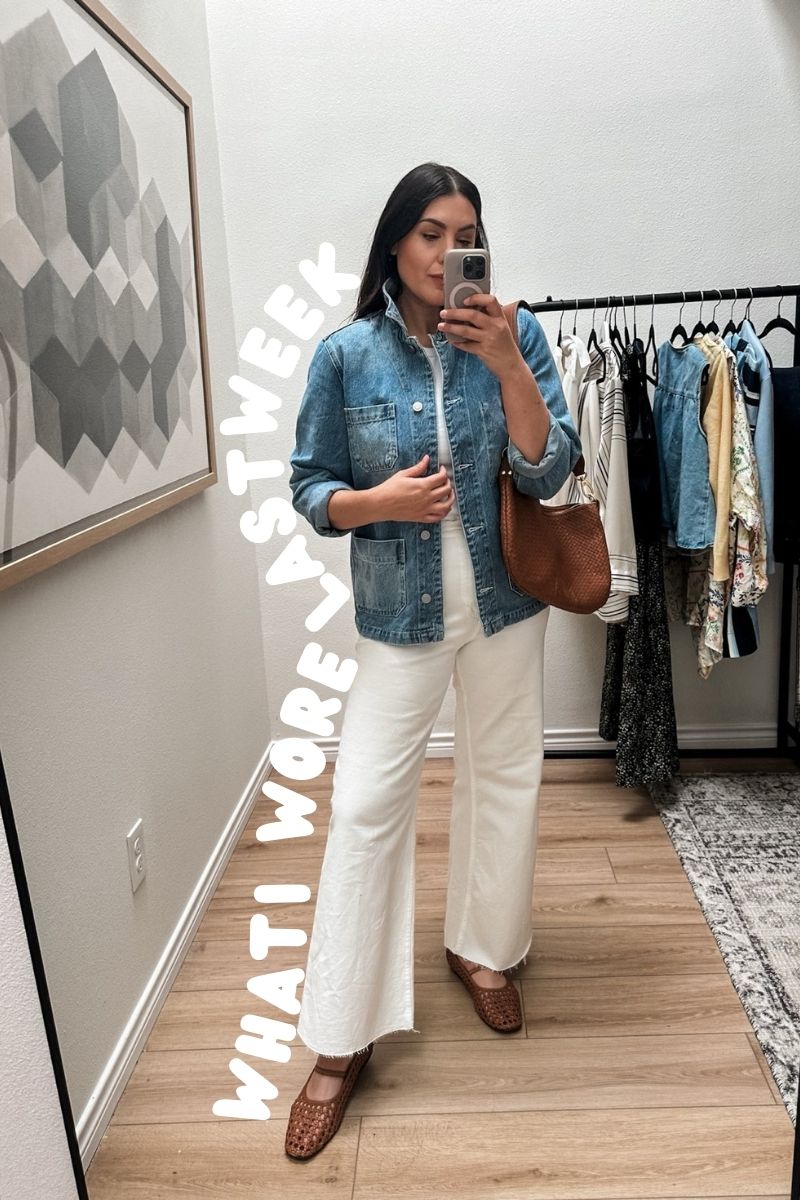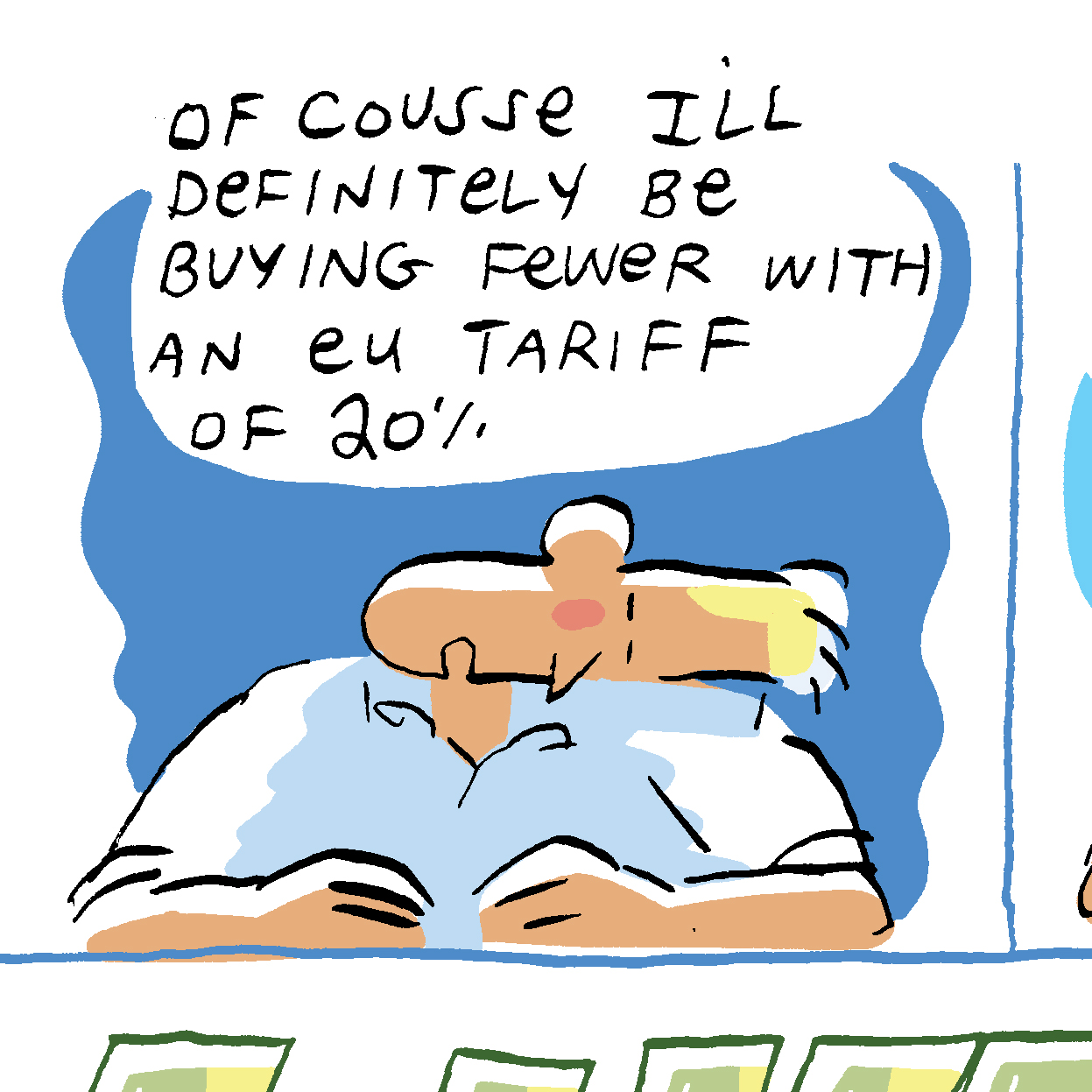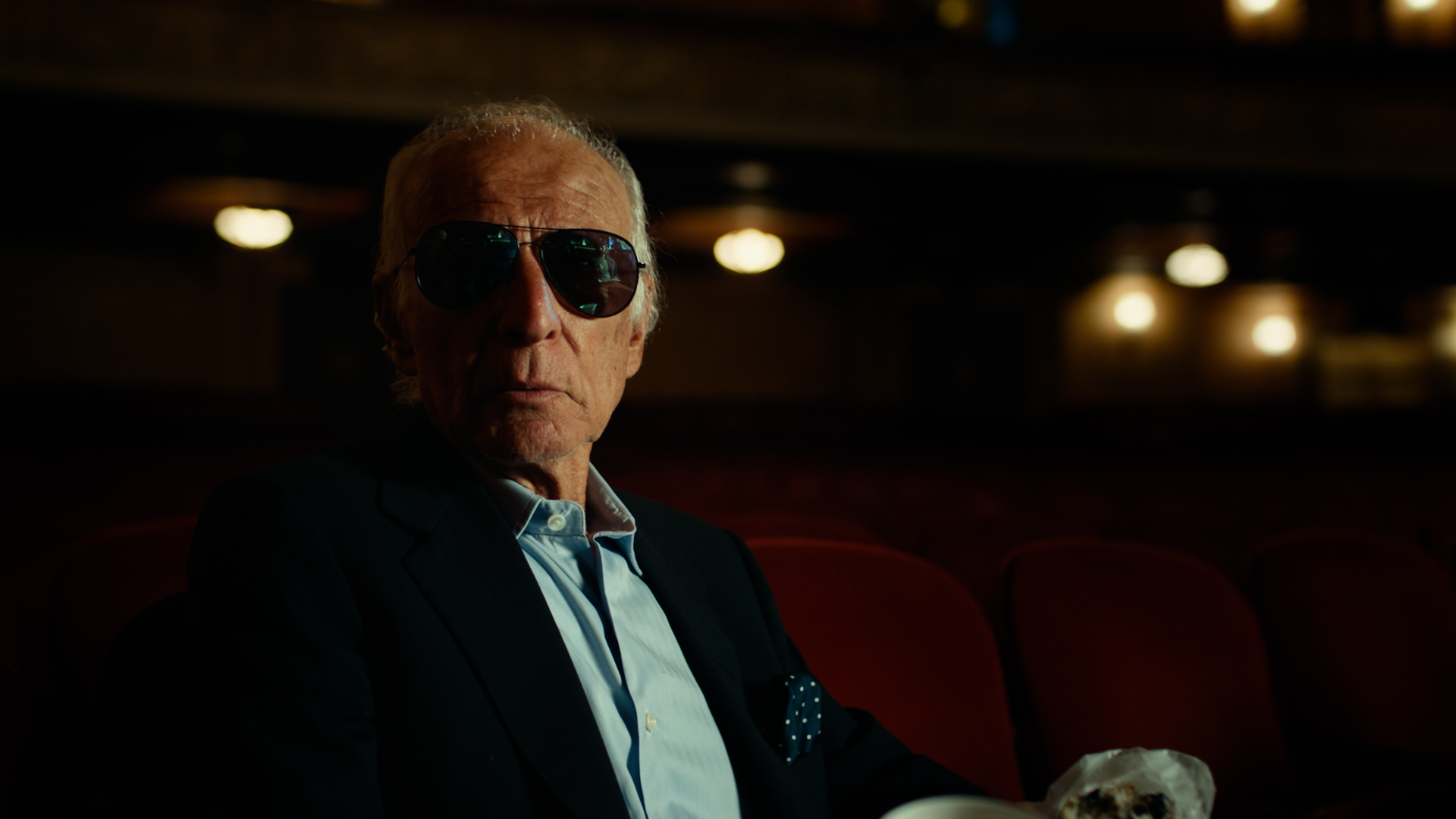How Seth Rogen Pitches a Comedy Idea Like 'Neighbors'
Seth Rogen plays an executive in Apple's hit show, The Studio, but a lot of his performance comes from the people he's interacted with over the years. Rogen, a writer, director, producer, and actor, has had a lot of experience pitching his idea and getting these people to buy in and greenlight his projects. Recently, Rogen was on the Zane Lowe podcast for Apple Music, where he covered a wide range of subjects, including pitching. Let's dive in. Seth Rogen on PitchingWhat I have always loved and admired about Seth Rogen is that he has really catchy movie ideas that feel like they must be easy to pitch in a room. But as he explains, they don't always do well. He had to learn to pitch, and pitch well, just like the rest of us. Around 10 minutes into the podcast, Rogen takes on pitching. At the start of his career, Rogen and his team opted to write the full scripts on spec rather than pitching the ideas first. That was mostly done thanks to the negative reactions they received when merely describing Pineapple Express. But the deeper they got into their career, people had trust that they could write something that executed the concepts. So pitching became more crucial. With a movie like Neighbors, it was easier to pitch due to its straightforward premise. Rogen emphasized that a crucial part of a successful pitch involves presenting the key comedic scenes (set pieces) that really illustrate the story's potential. For that movie, it was describing the situation of moving in next to a frat and then trying to become friends with them. Then going into all the antics of the war with them and the character arcs of how the war made them feel and change. Of course, Neighbors sold and became huge, but that doesn't happen with lots of ideas. And Rogen also noted that studios often don't provide entirely honest feedback when turning down a pitch. So sometimes, you'll feel like you did everything right, and there's still no answer as to why it has happened this way. Rogen's Other Advice Over the course of the hour-long pod, Rogen had lots more advice for aspiring creatives. He wants creators to embrace spontaneity, and he emphasized the importance of finding joy in the day-to-day process of making things rather than solely focusing on validation from others. Another big takeaway was introspection, examine yourself and understand what you genuinely like and want to produce, and even work out your personal frustrations or neuroses within your projects as a way to address them. When it comes to filmmaking craft, Rogen highlights the need to maintain the right rhythm and avoid rigidity. We should keep things loose, experiment, and not get stuck in a pattern; if a funny joke comes to mind, add it in. Rogen stresses that the creative process should align with how one wants to spend their time and should involve crafting actual scenes with real conflict. Finally, Rogen touched upon the value of supportive relationships, advising people to find helpful mentors and to practice generosity by paying forward the help they receive.Summing It All Up I thought this was a great podcast with a lot of useful advice in it. Rogen has a special way of breaking things down so that anyone can understand them. There was a ton to learn from Rogen and his process. I'm excited to apply the lessons to my work. Let me know what you think in the comments.


Seth Rogen plays an executive in Apple's hit show, The Studio, but a lot of his performance comes from the people he's interacted with over the years.
Rogen, a writer, director, producer, and actor, has had a lot of experience pitching his idea and getting these people to buy in and greenlight his projects.
Recently, Rogen was on the Zane Lowe podcast for Apple Music, where he covered a wide range of subjects, including pitching.
Let's dive in.
Seth Rogen on Pitching
What I have always loved and admired about Seth Rogen is that he has really catchy movie ideas that feel like they must be easy to pitch in a room.
But as he explains, they don't always do well. He had to learn to pitch, and pitch well, just like the rest of us.
Around 10 minutes into the podcast, Rogen takes on pitching.
At the start of his career, Rogen and his team opted to write the full scripts on spec rather than pitching the ideas first. That was mostly done thanks to the negative reactions they received when merely describing Pineapple Express.
But the deeper they got into their career, people had trust that they could write something that executed the concepts. So pitching became more crucial.
With a movie like Neighbors, it was easier to pitch due to its straightforward premise. Rogen emphasized that a crucial part of a successful pitch involves presenting the key comedic scenes (set pieces) that really illustrate the story's potential.
For that movie, it was describing the situation of moving in next to a frat and then trying to become friends with them. Then going into all the antics of the war with them and the character arcs of how the war made them feel and change.
Of course, Neighbors sold and became huge, but that doesn't happen with lots of ideas. And Rogen also noted that studios often don't provide entirely honest feedback when turning down a pitch.
So sometimes, you'll feel like you did everything right, and there's still no answer as to why it has happened this way.
Rogen's Other Advice
Over the course of the hour-long pod, Rogen had lots more advice for aspiring creatives.
He wants creators to embrace spontaneity, and he emphasized the importance of finding joy in the day-to-day process of making things rather than solely focusing on validation from others.
Another big takeaway was introspection, examine yourself and understand what you genuinely like and want to produce, and even work out your personal frustrations or neuroses within your projects as a way to address them.
When it comes to filmmaking craft, Rogen highlights the need to maintain the right rhythm and avoid rigidity. We should keep things loose, experiment, and not get stuck in a pattern; if a funny joke comes to mind, add it in.
Rogen stresses that the creative process should align with how one wants to spend their time and should involve crafting actual scenes with real conflict.
Finally, Rogen touched upon the value of supportive relationships, advising people to find helpful mentors and to practice generosity by paying forward the help they receive.
Summing It All Up
I thought this was a great podcast with a lot of useful advice in it. Rogen has a special way of breaking things down so that anyone can understand them. There was a ton to learn from Rogen and his process. I'm excited to apply the lessons to my work.
Let me know what you think in the comments.




![‘Project MKHEXE’ Clip Uncovers a Mysterious Treehouse [Exclusive]](https://bloody-disgusting.com/wp-content/uploads/2025/04/MKHEXE_still.jpg)

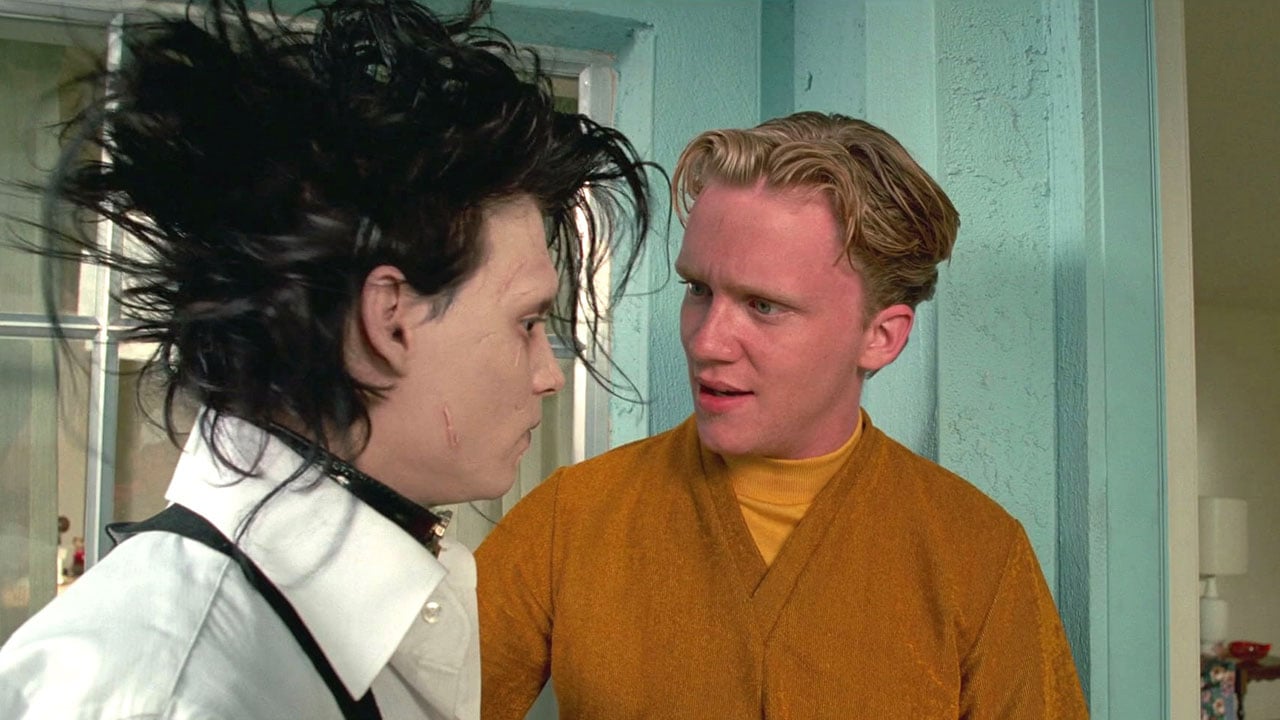
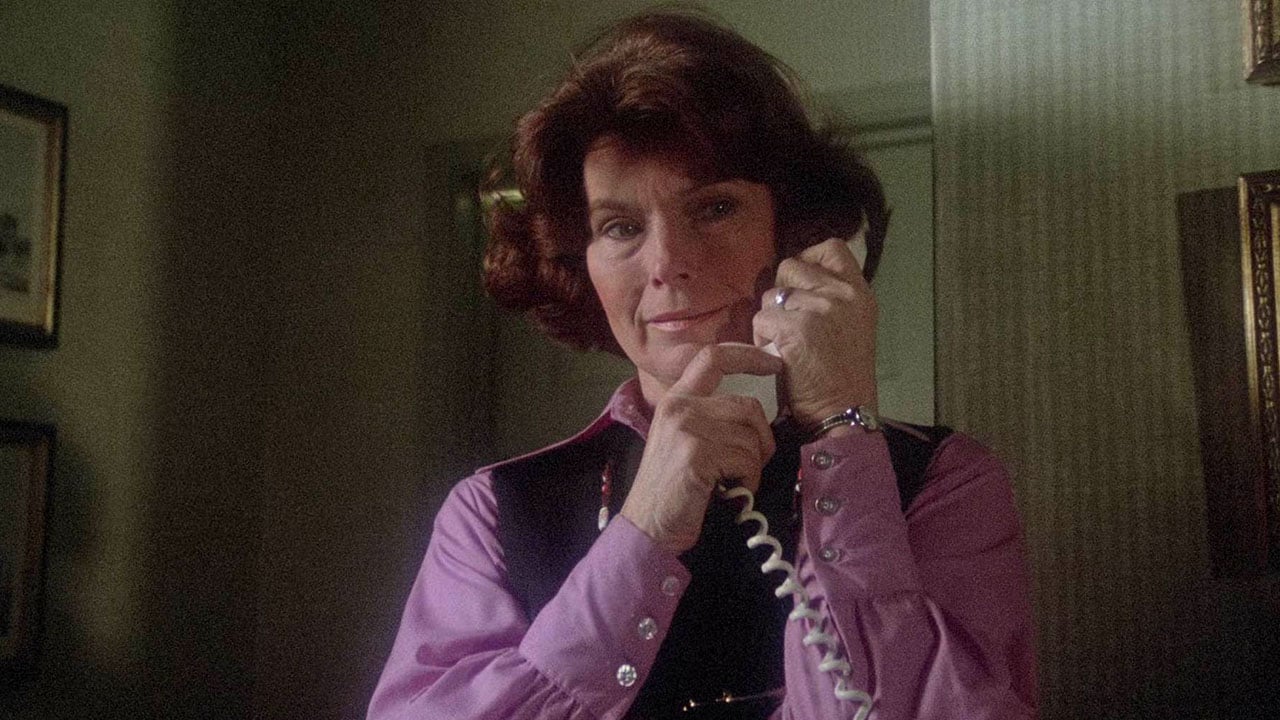











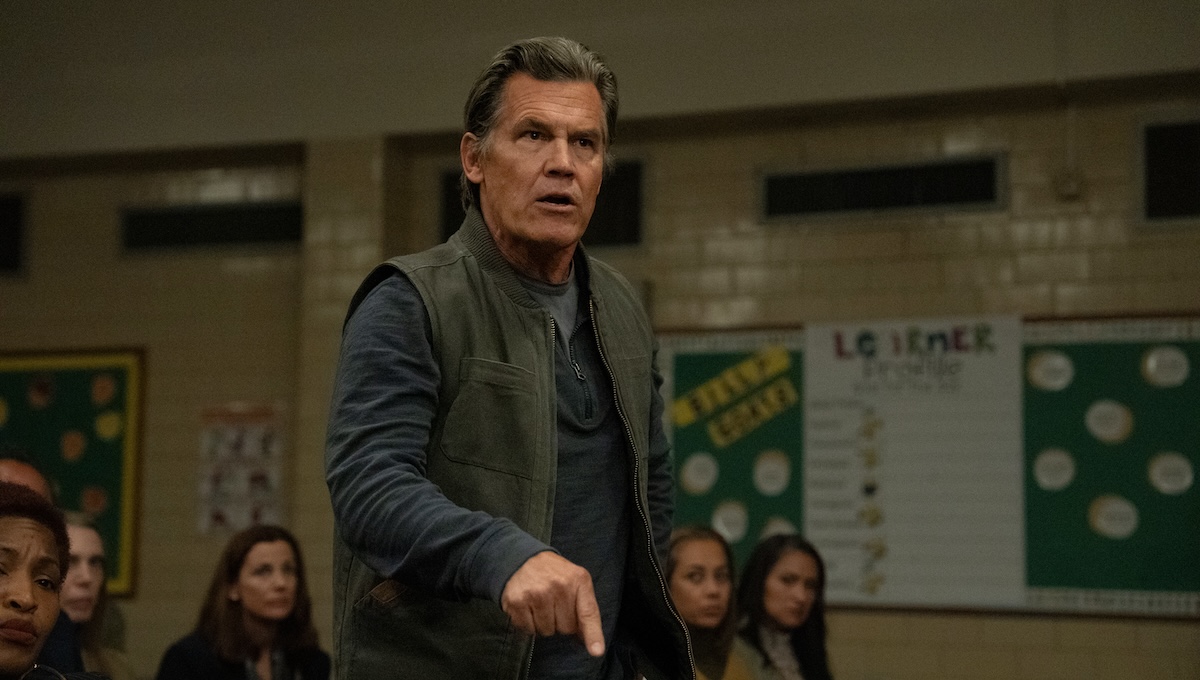
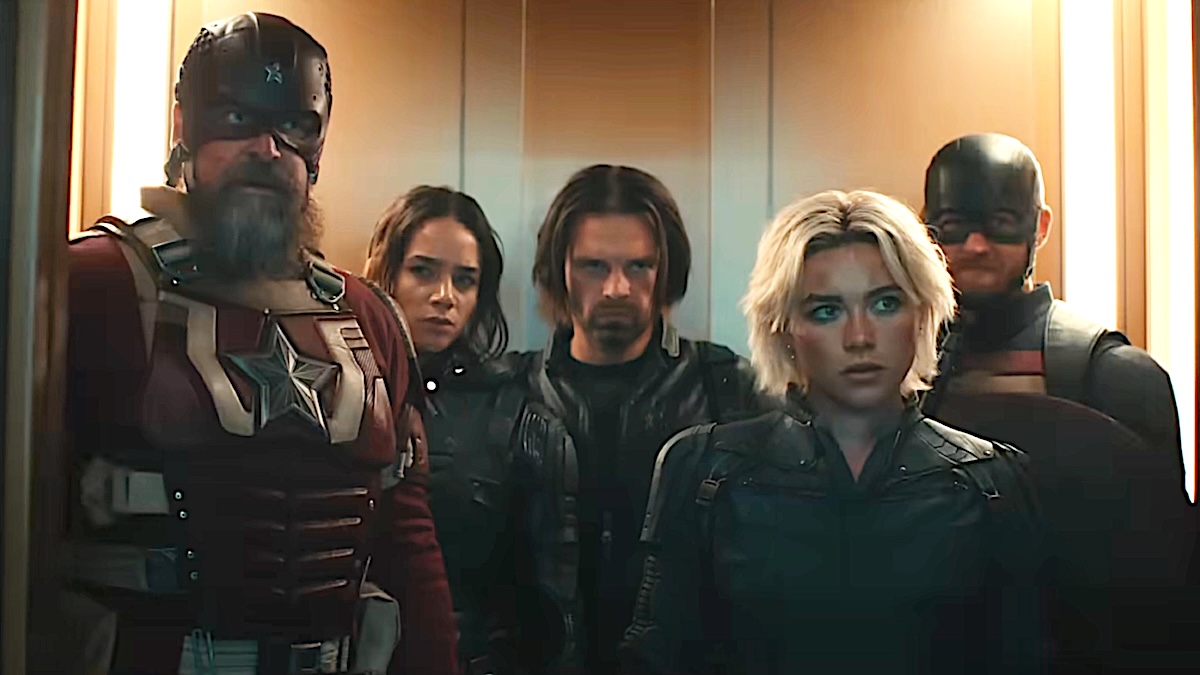































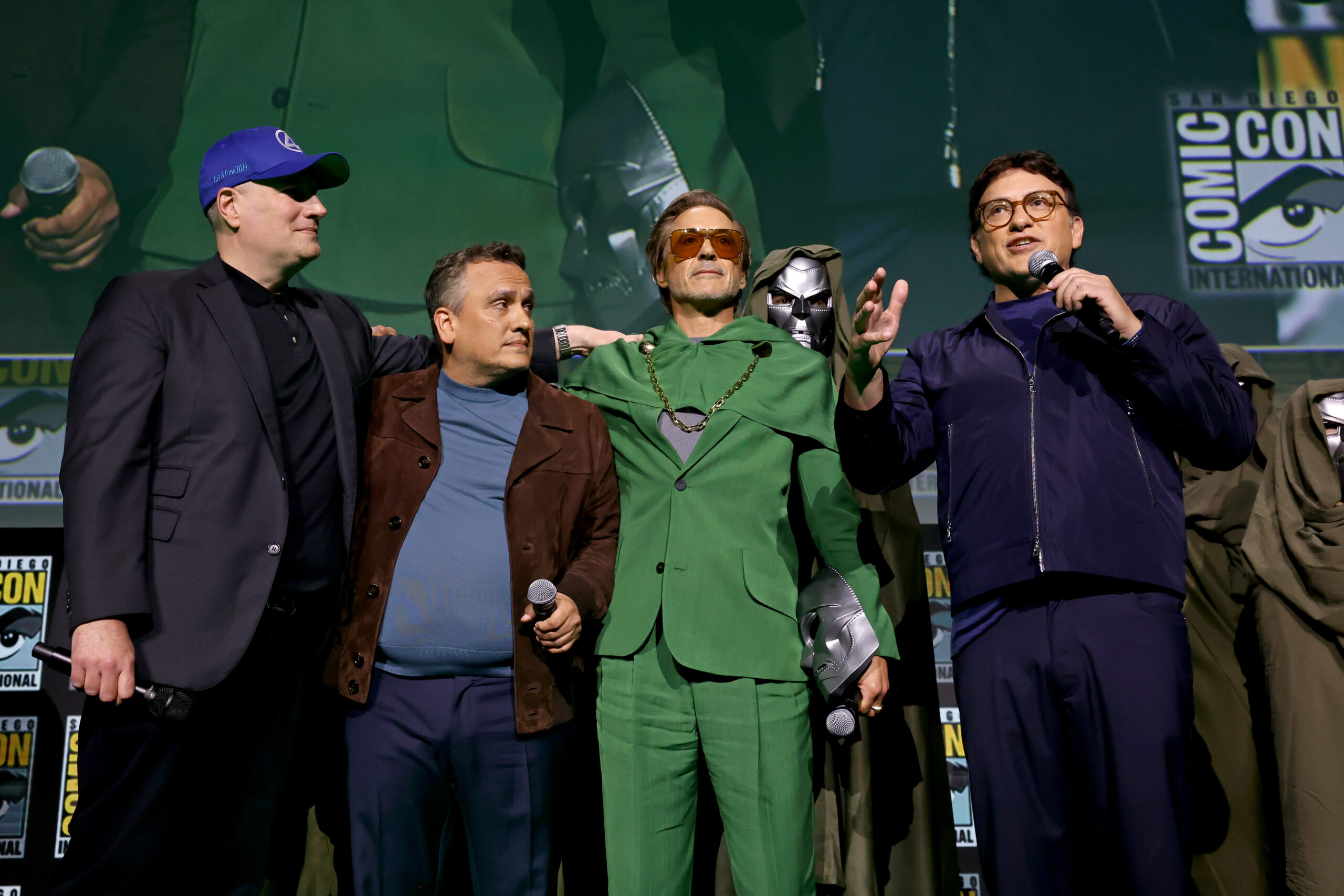



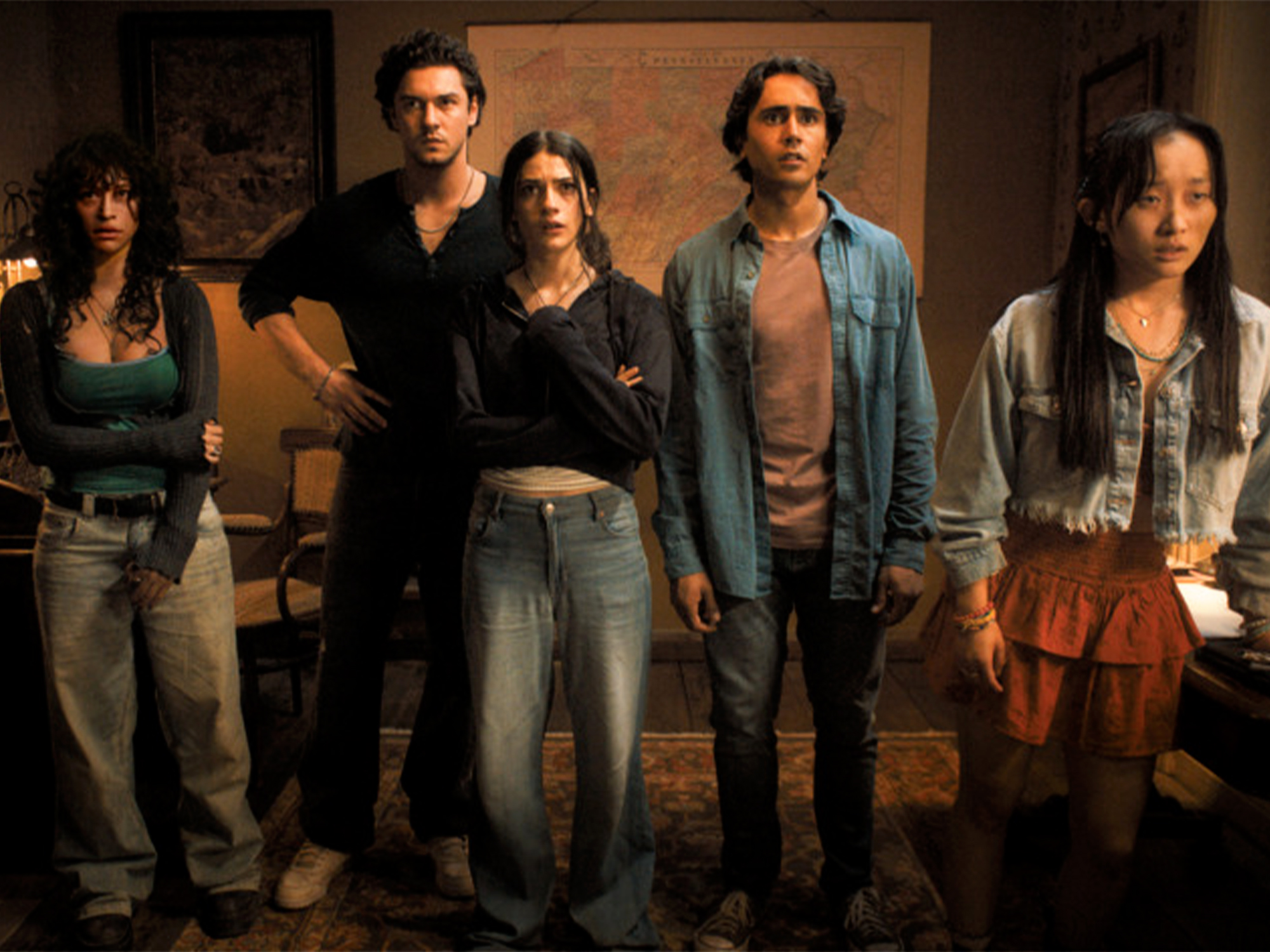










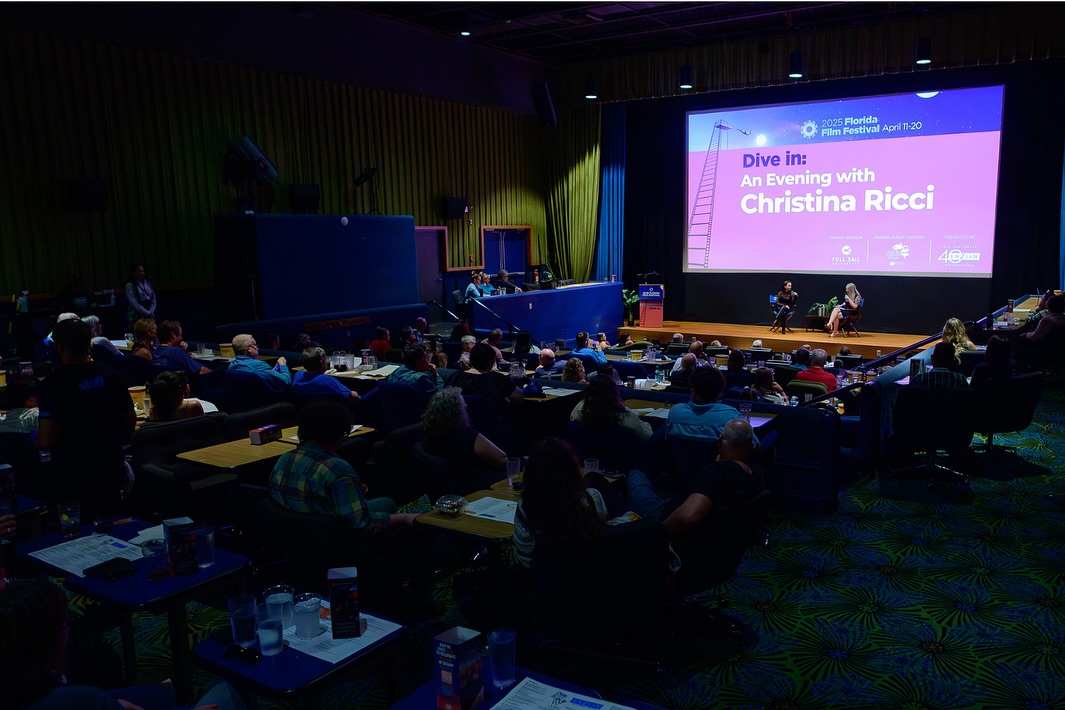
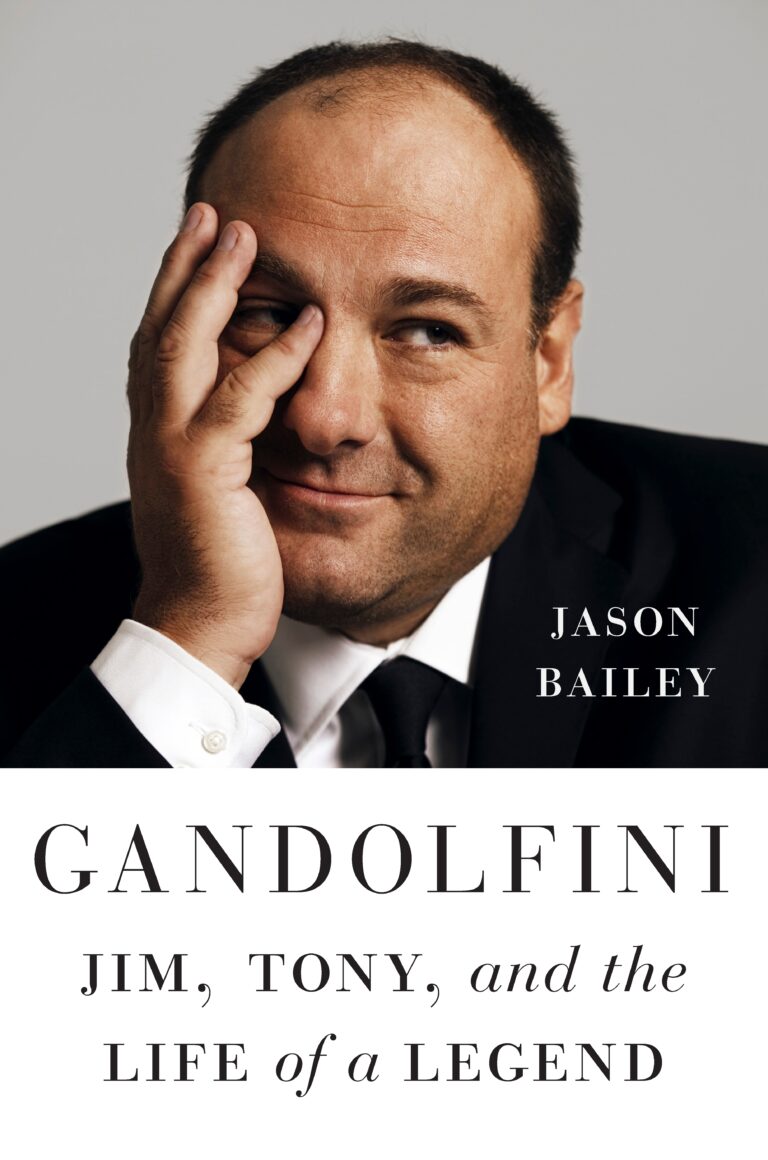





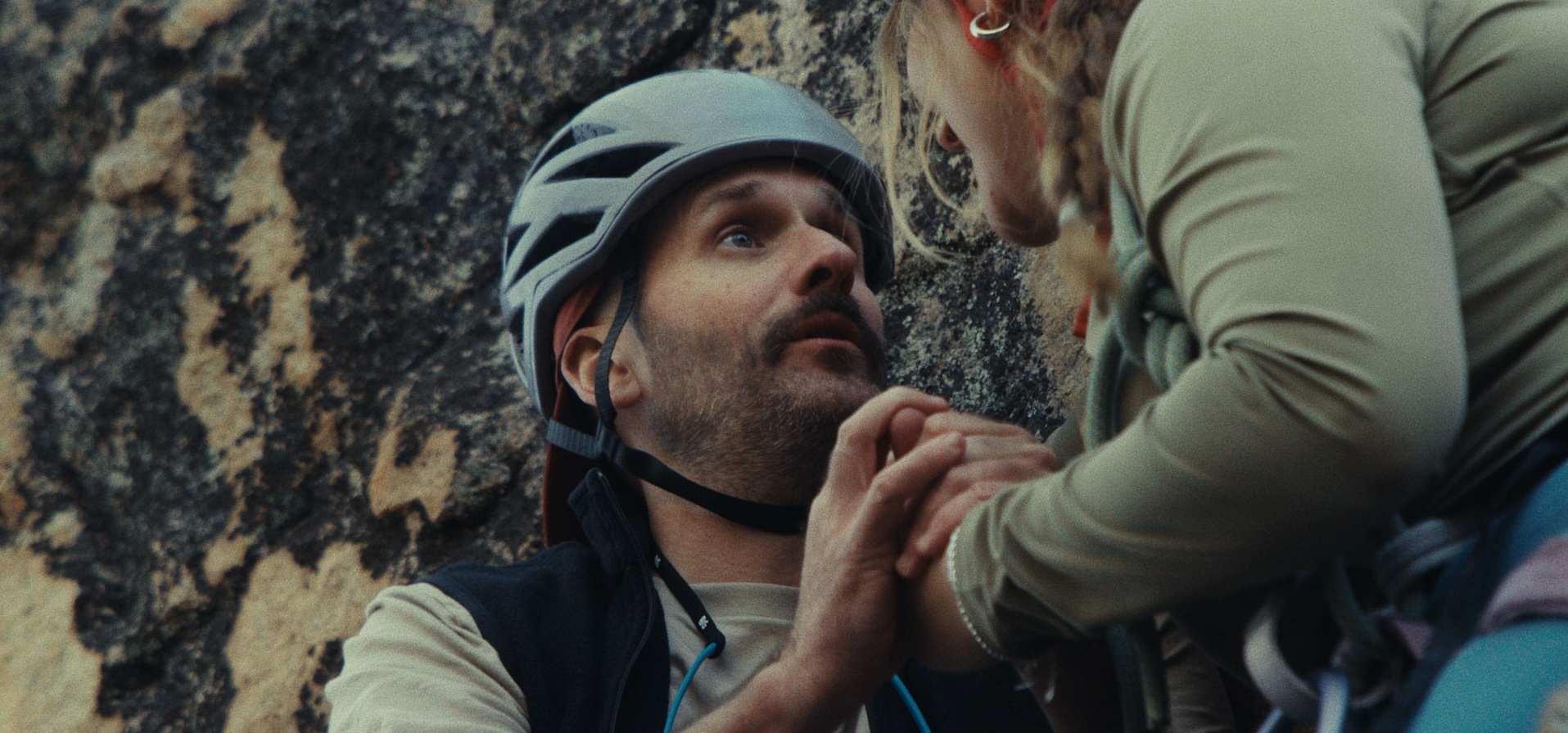

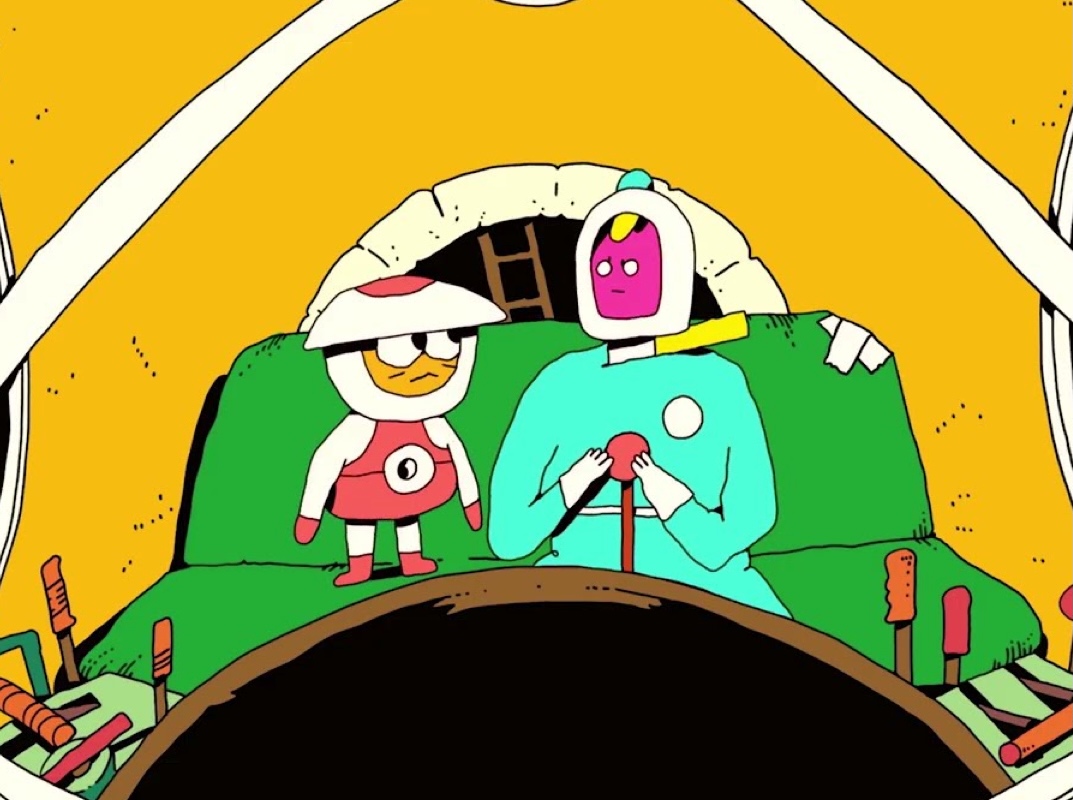
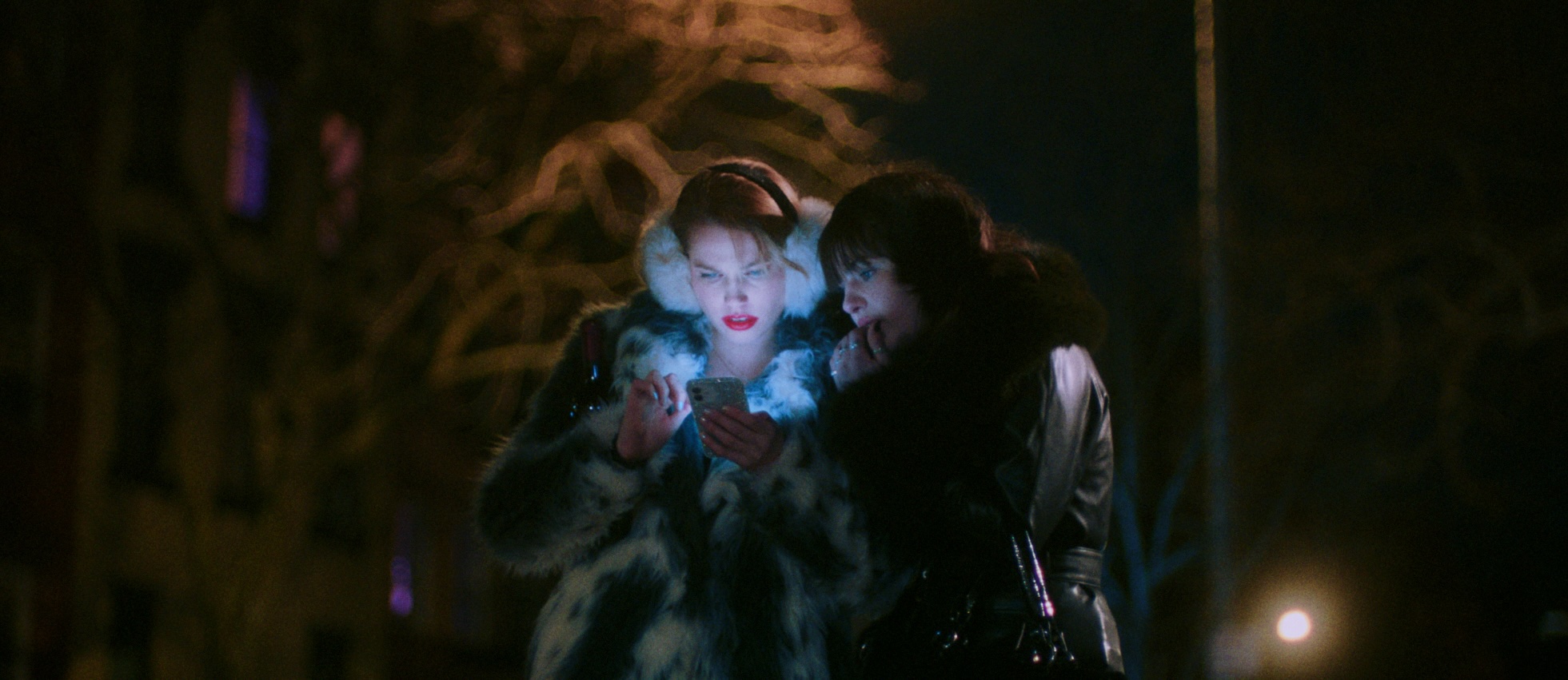


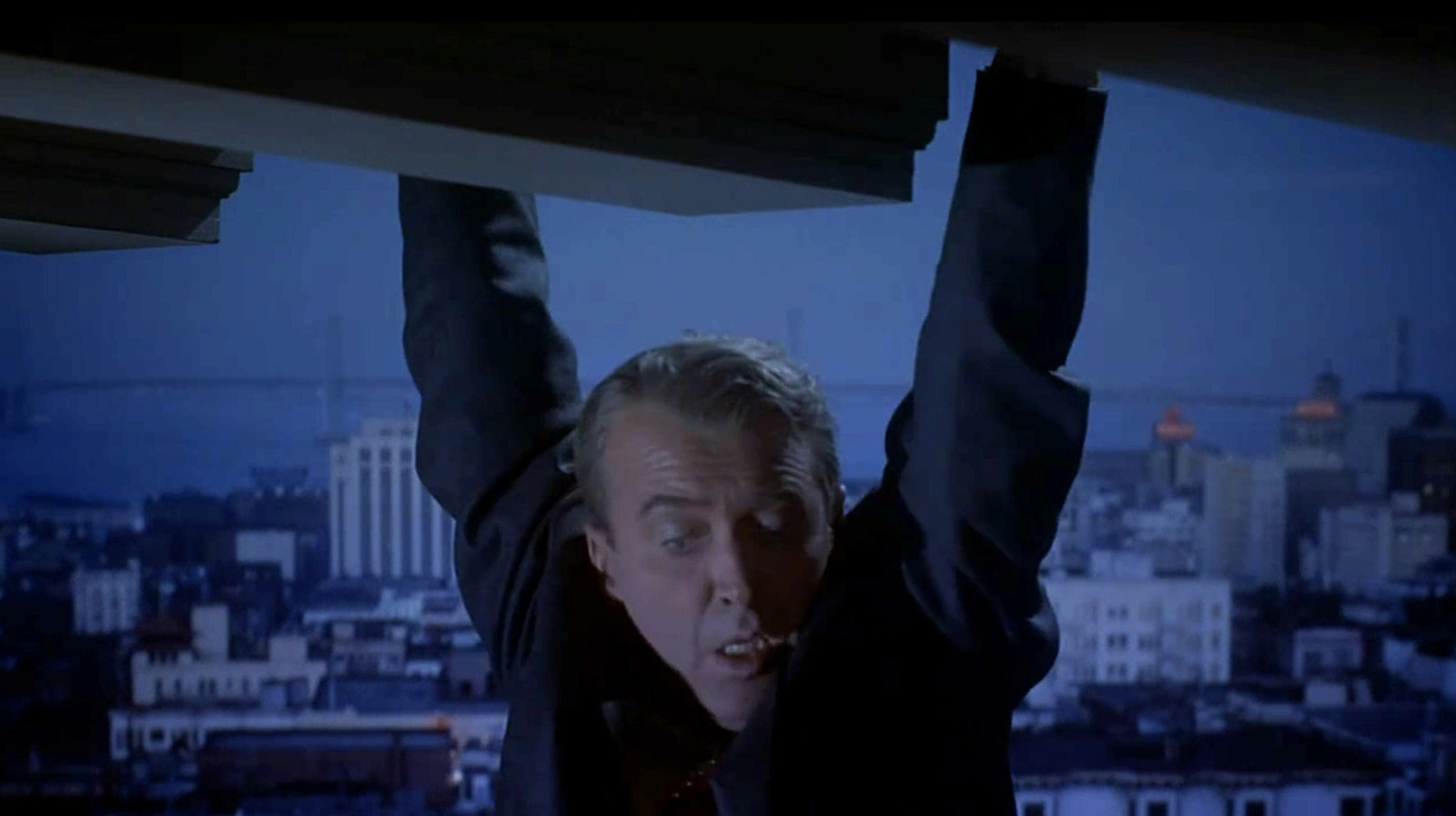





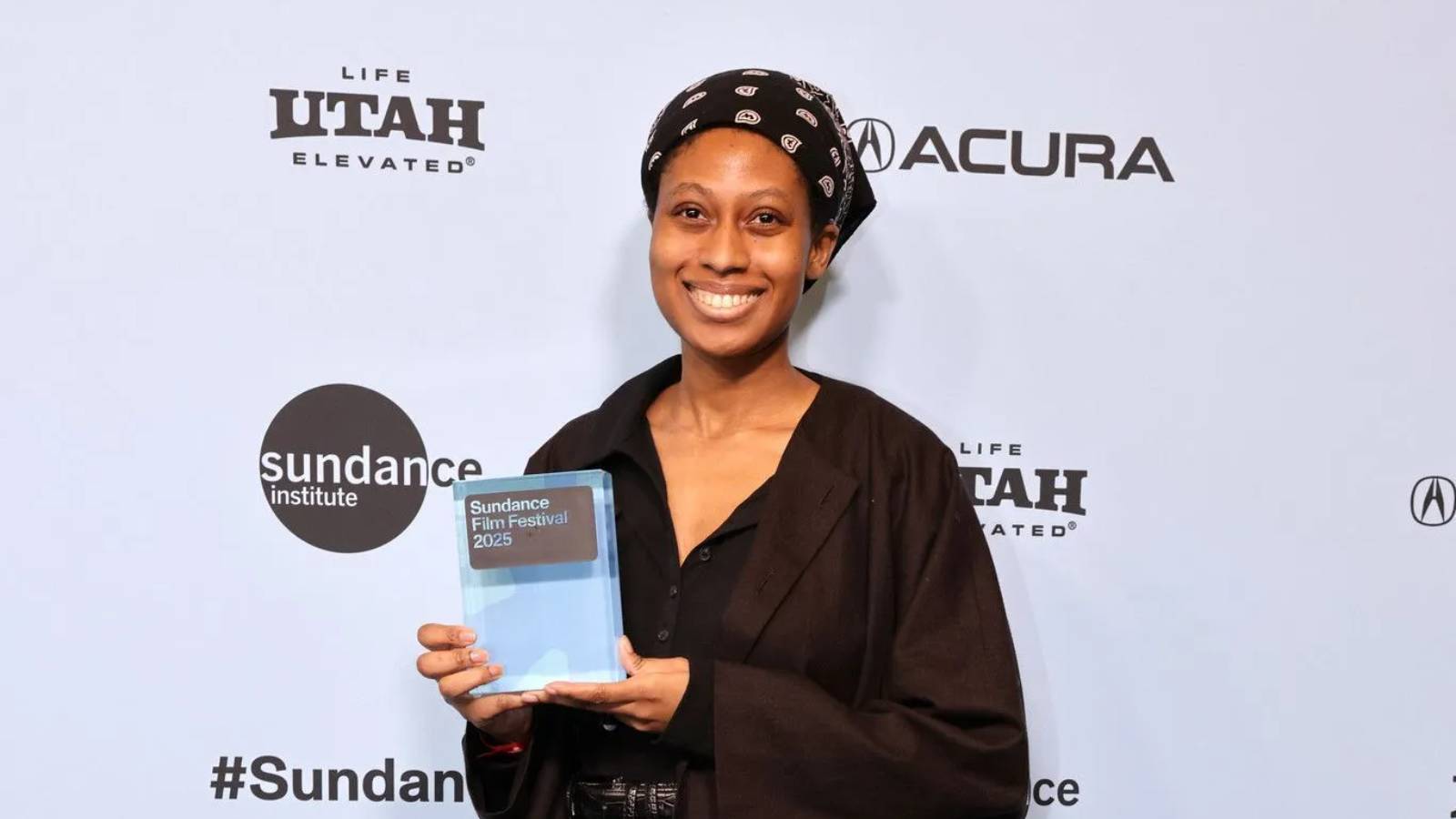




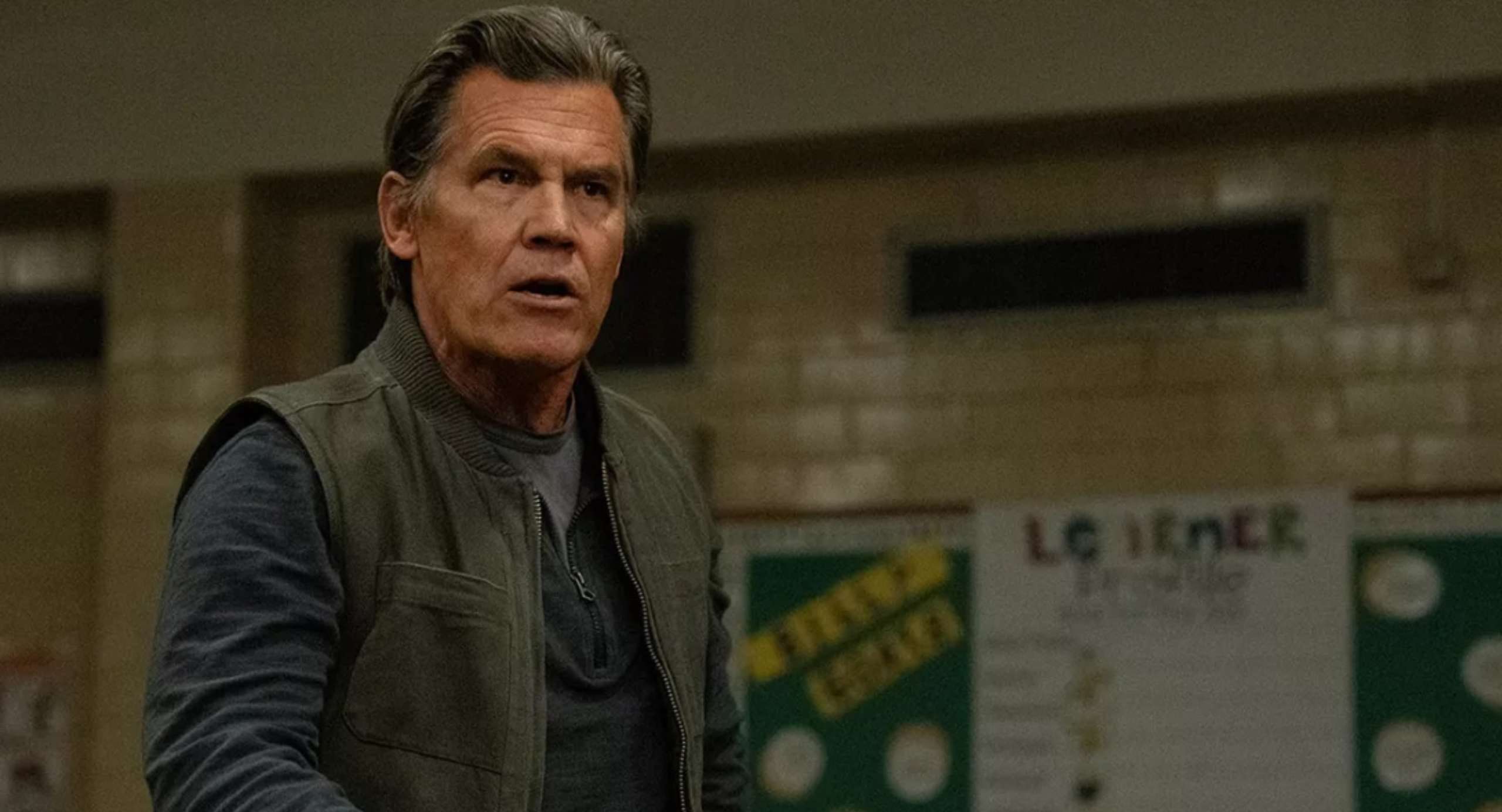



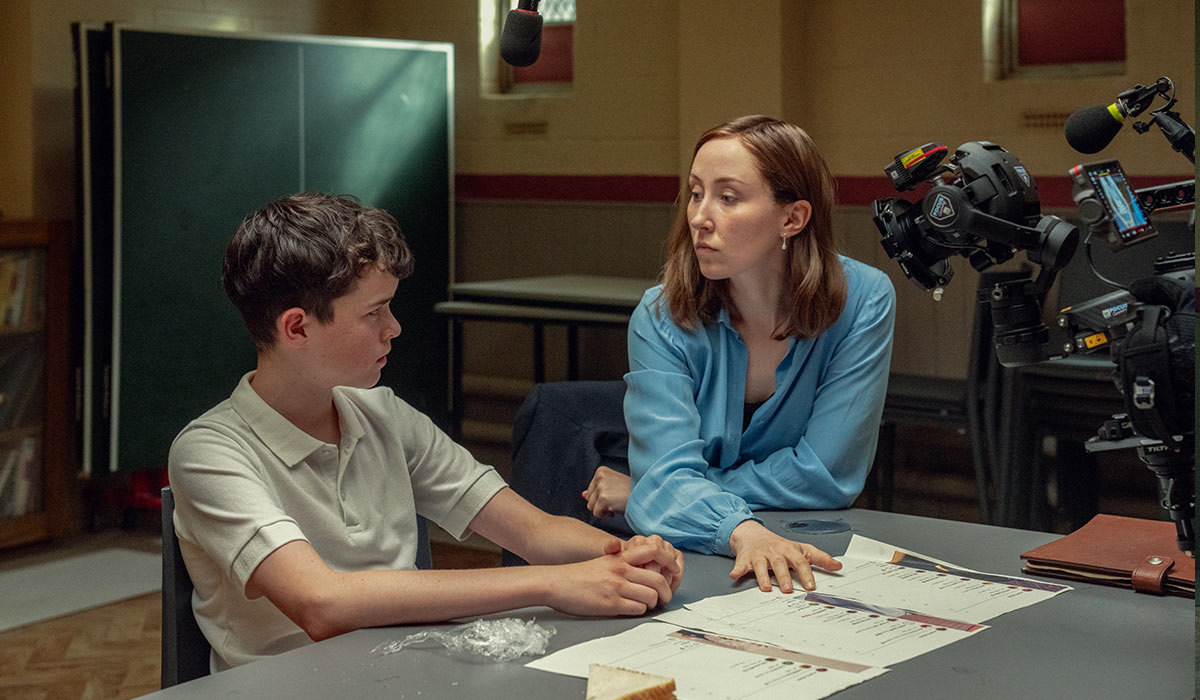







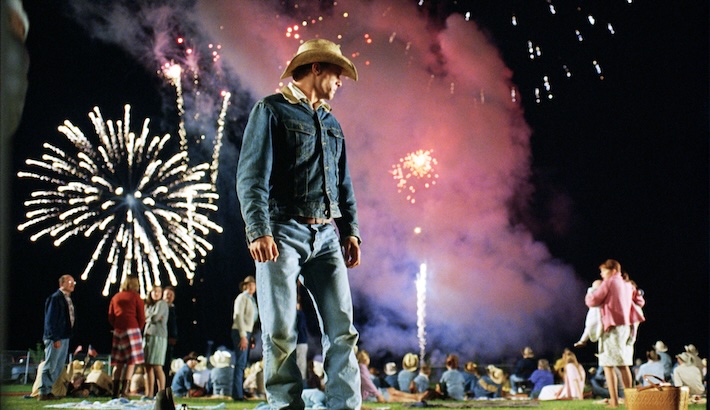


![Kyoto Hotel Refuses To Check In Israeli Tourist Without ‘War Crimes Declaration’ [Roundup]](https://viewfromthewing.com/wp-content/uploads/2025/04/war-crimes-declaration.jpeg?#)














![New Best Ever Bonus for Capital One Venture Card Available Through Referrals [YMMV]](https://boardingarea.com/wp-content/uploads/2025/04/6cbab7b59a0f3413c2a8f73cf771602a.png?#)




































































































.png?width=1920&height=1920&fit=bounds&quality=70&format=jpg&auto=webp#)
.png?width=1920&height=1920&fit=bounds&quality=70&format=jpg&auto=webp#)



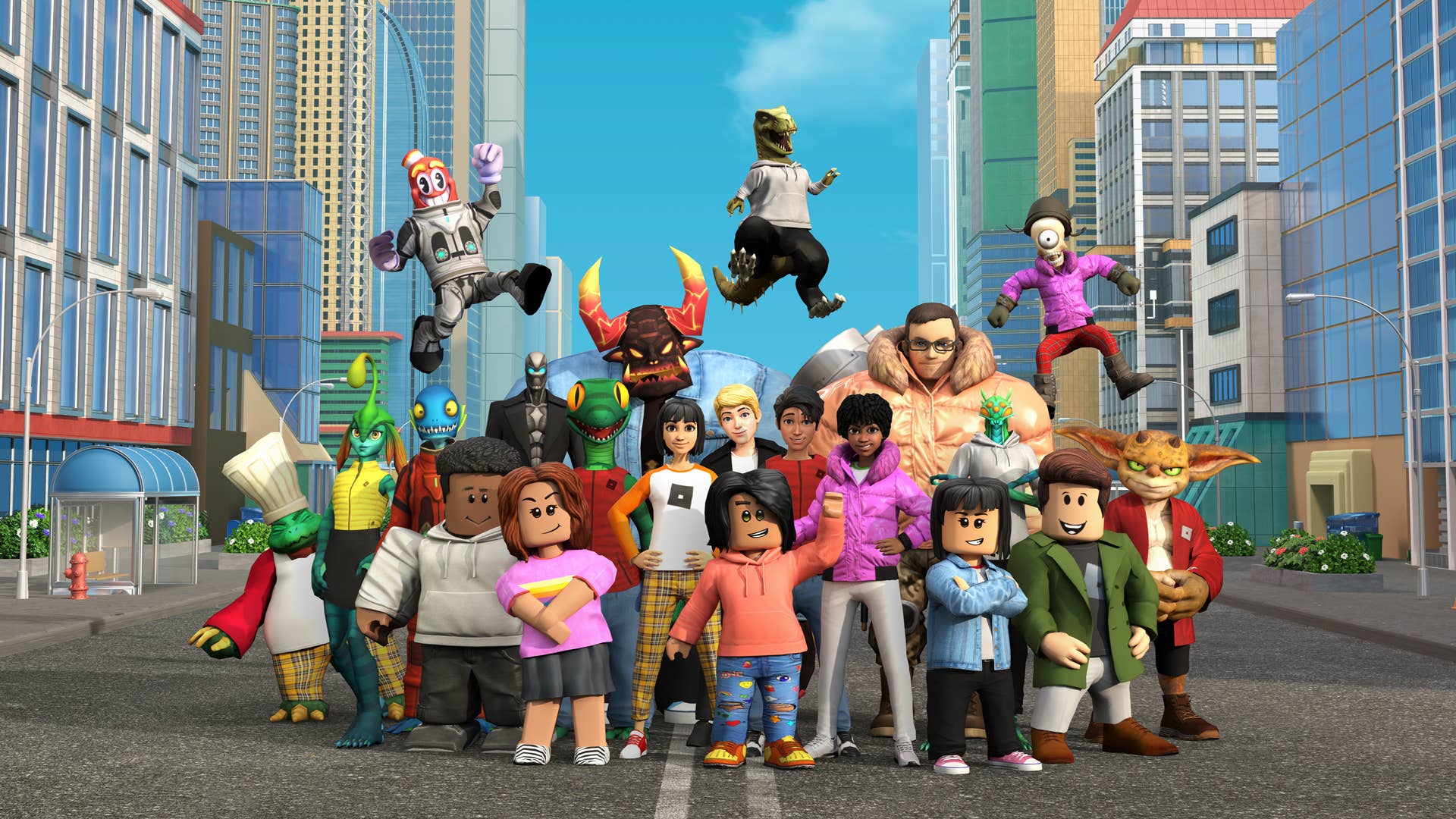




















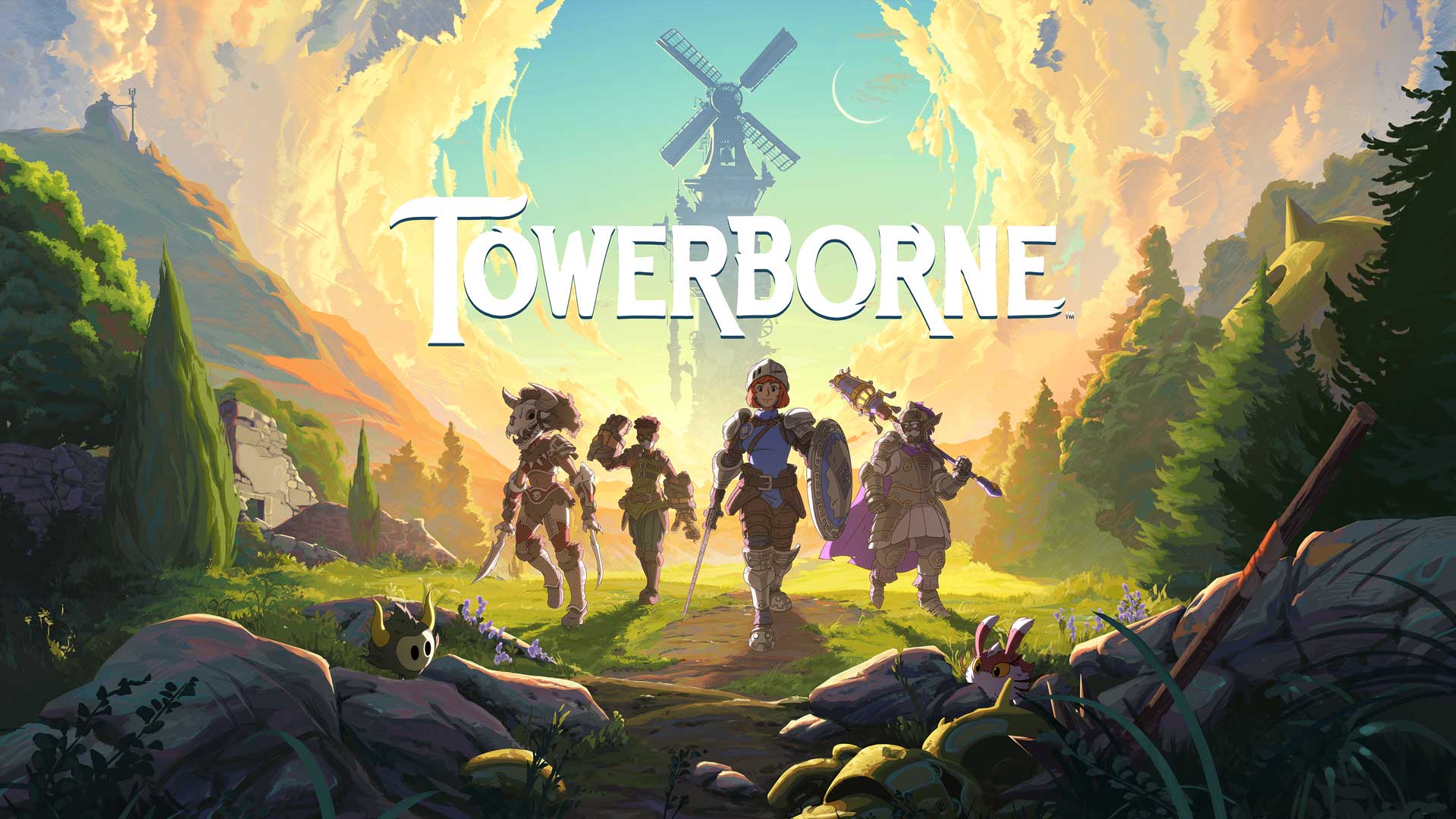














































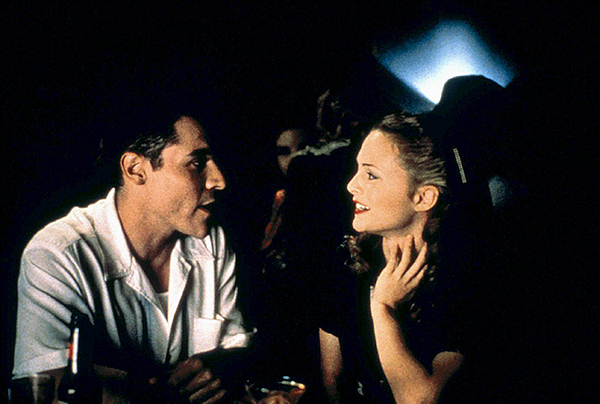
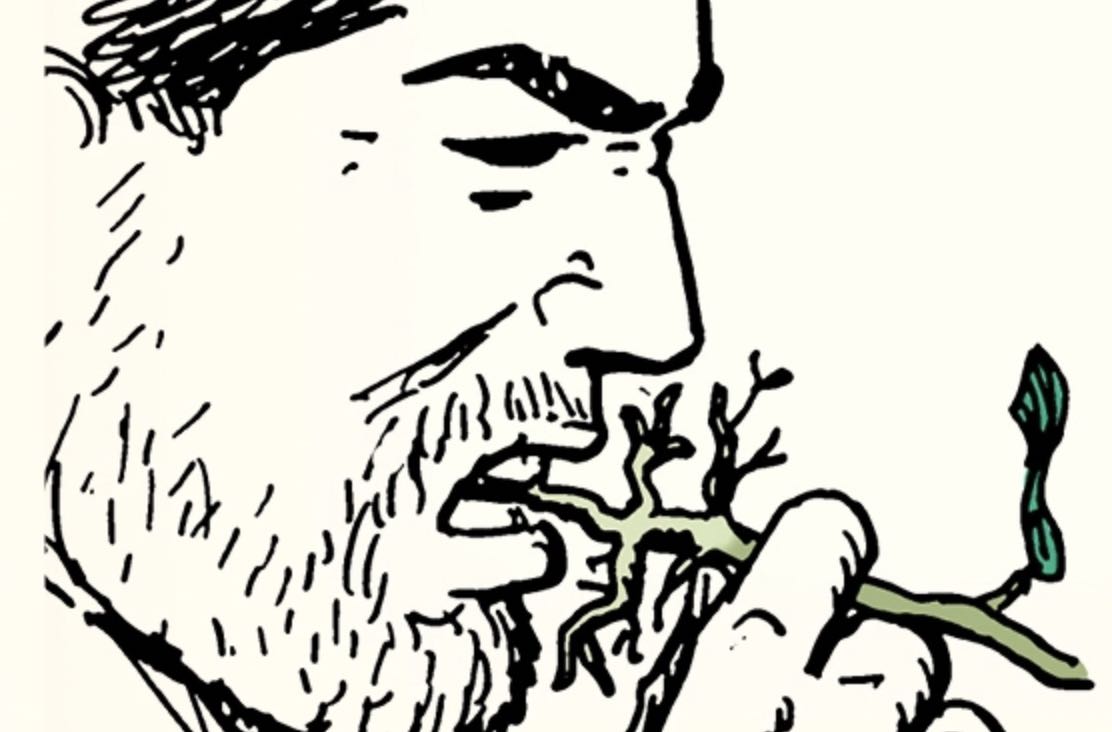

































































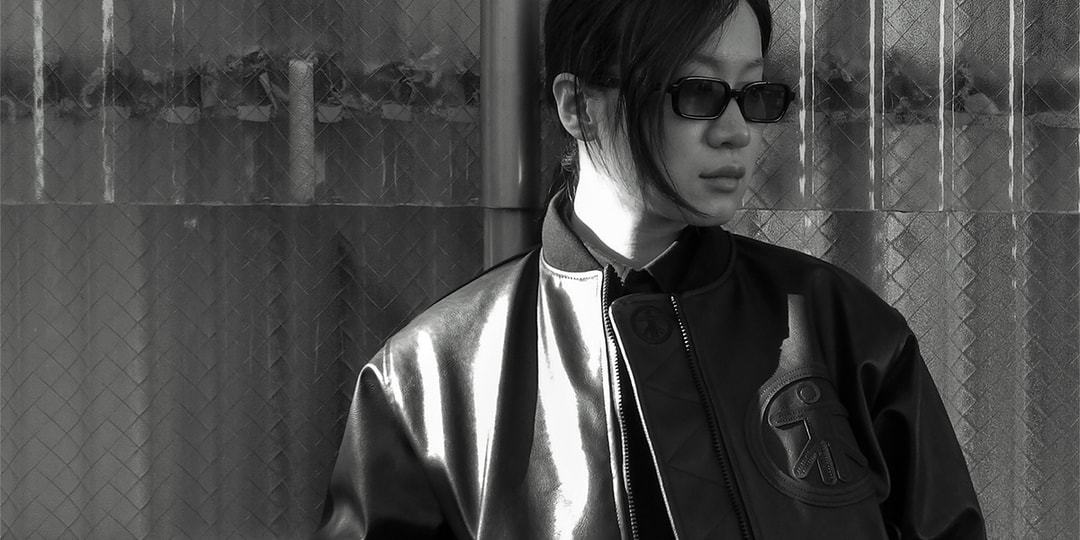



![[Podcast] Smarter Brand Growth: How to Align Marketing & Sales (with ABM/ABX) with Jennifer Mancusi](https://justcreative.com/wp-content/uploads/2025/04/jennifer-mancusi-26.png)



